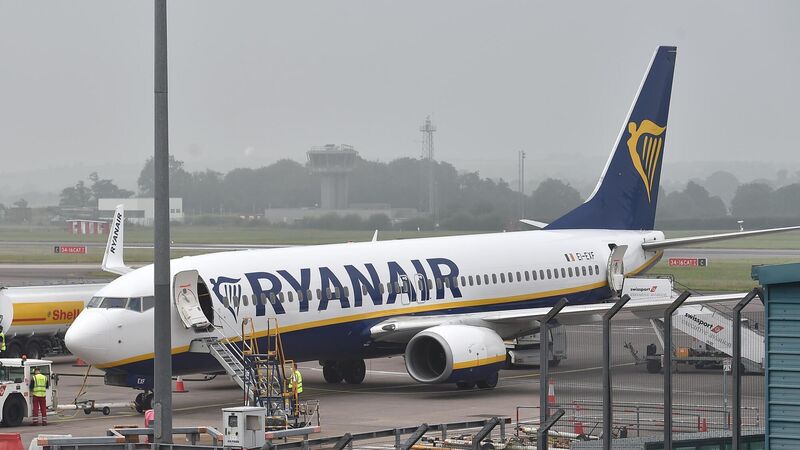Ryanair announces seven new routes for winter

The launch of the new flights brings Ryanair’s total routes for winter 2022/23 to and from Ireland to 177. Picture: Dan Linehan
Ryanair has announced seven new routes from Dublin and Cork airport as part of their winter schedule.
Dublin airport will see new flights to Castellón, Genoa, Klagenfurt, Rome, Rovaniemi and Venice.












